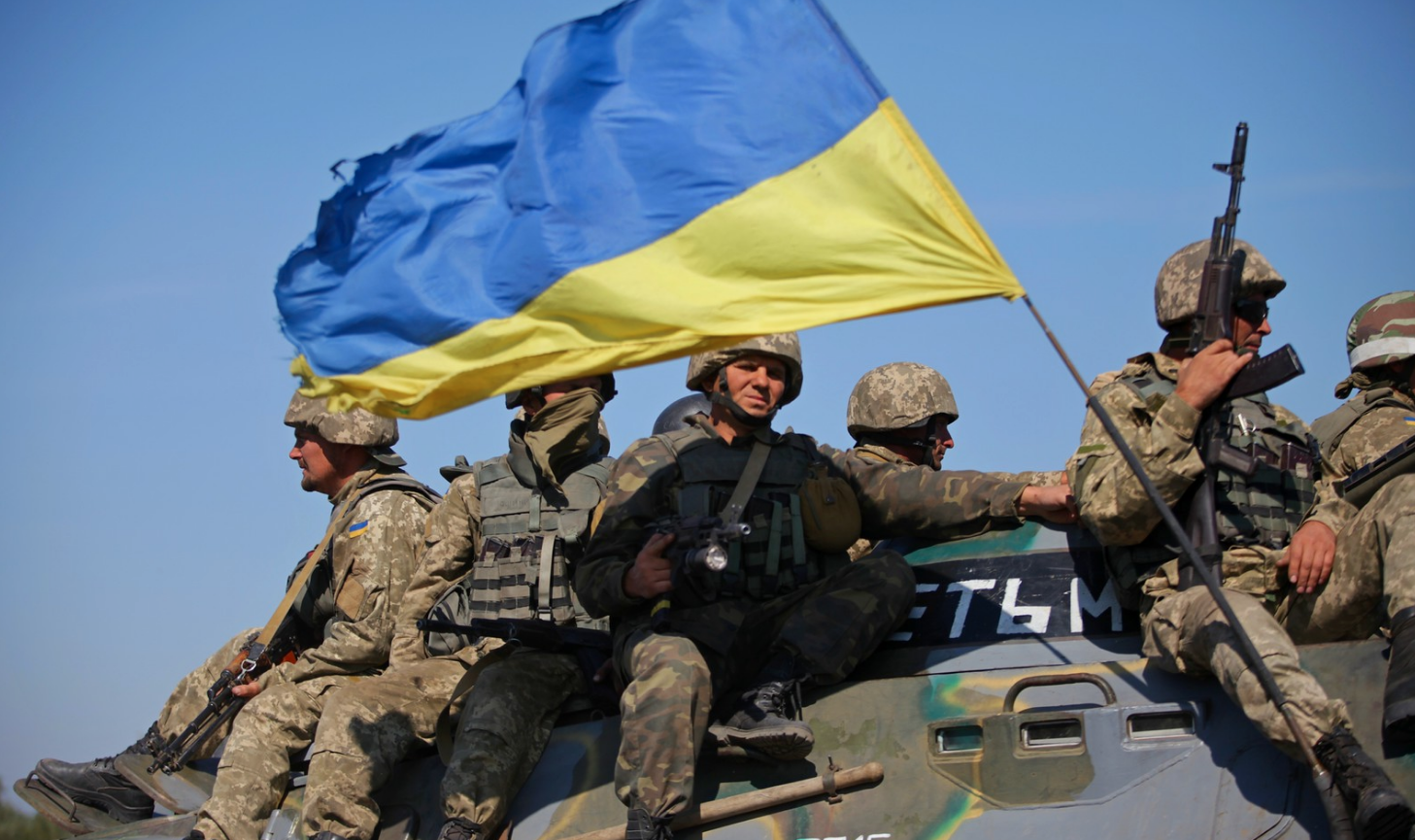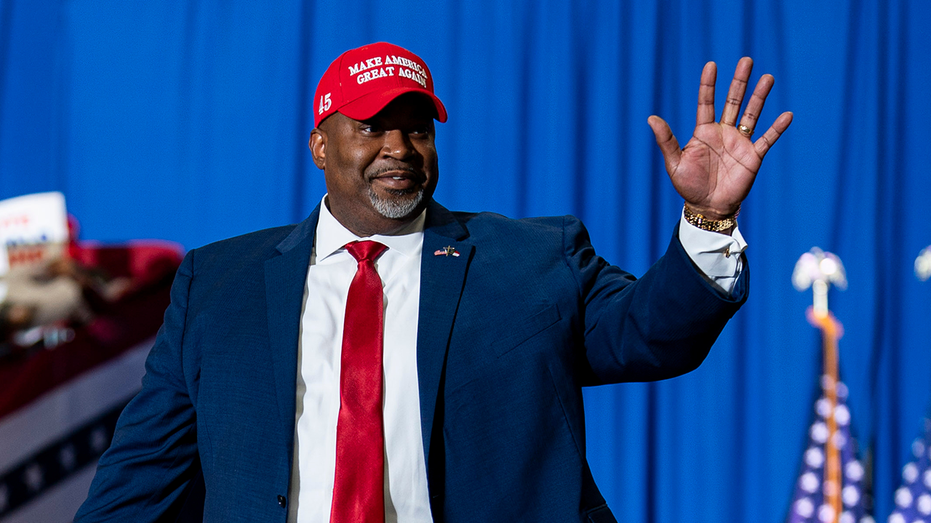
This article was originally published on American Conservative. You can read the original article HERE

Andriy Zagorodnyuk, Ukraine’s former defense minister, and Eliot Cohen, Arleigh Burke Chair in Strategy at the Center for Strategic and International Studies, accurately diagnose a central ailment of the West’s Ukraine policy in a new Foreign Affairs op-ed: The Biden administration and its European counterparts have failed to articulate their endgame for this war. Three years into the conflict, Western planning continues to be strategically backwards—aiding Kiev has become an end in itself, divorced from a coherent strategy for bringing the war to a close.
But the “theory of victory” presented by Zagorodnyuk and Cohen to replace the strategic malaise in which the west finds itself is, remarkably, even more dangerous and ill-conceived than the status quo. The authors call on the White House to come out in full-throated support of Kiev’s war aims: namely, ejecting all Russian forces from Ukraine’s 1991 borders including Crimea, subjecting Russian officials to war crimes tribunals, extracting reparations from Moscow, and providing Ukraine with “long-term security arrangements.” Put differently, the West must commit itself to nothing short of Russia’s total and unconditional battlefield defeat.
How is Ukraine, with its battered military, collapsing demography, and an economy entirely reliant on Western cash infusions, to accomplish this lofty task? By doing more of the same, but on a larger scale. Zagorodnyuk and Cohen prescribe more conscription even as polling shows a plurality of Ukrainian men say they are not prepared to fight; more strikes on infrastructure inside Russian territory despite no indication that such attacks have made a dent in Russia’s energy production or military output; renewed counter-offensives despite the abysmal and horribly costly failure of last year’s attempt; new sanctions notwithstanding Russia’s continued economic growth despite being the world’s most sanctioned country; and threatening Russia’s control over Crimea with ideas about “air superiority” that bear no semblance to the war’s current dynamics and likely trajectory.
Here it is revealed that the authors’ “theory of victory” is really just a rehash of older policy ideas that are already being pursued by the West, even if not with the intensity that Zagorodnyuk and Cohen would prefer. This is the medieval leech doctor’s theory of victory. The problem is not that the underlying treatment doesn’t work, proclaims the physician as his patient wheezes and gasps, barely clinging on to life, but that he hasn’t used enough leeches. Naturally, all of his colleagues—working, as they are, under the same wrongheaded assumptions—agree.
The individual policies proposed by the authors have long been discredited. I’ve written an essay on the failure of Russia sanctions and its broader implications for U.S. policy in these very pages. My colleagues George Beebe and Anatol Lieven have demonstrated in studious detail that not only is there no viable military path to victory in Ukraine, but there is every reason to assume that Russia’s latent advantages in manpower and firepower will further compound and Ukraine’s position will continue to deteriorate in coming weeks and months.
Cohen and Zagorodnyuk concede that Russia’s position is much stronger today than it was in the spring of 2022, but insist—partly relying on unfounded, grossly optimistic assessments of Russian losses and tactics—that Russia faces crippling materiel disadvantages and is chronically unable to take large swathes of Ukrainian territory. In fact, as noted by U.S. Army Gen. Christopher Cavoli, NATO’s Supreme Allied Commander Europe, Russia’s military is substantially larger today than it was at the start of the February 2022 invasion of Ukraine. It has also earned valuable battlefield experience that can only come from the trial and error inherent to waging years of grueling, high-intensity warfare, and rallied its military-industrial base to markedly outpace the West in artillery round production. Russian forces are not rapidly advancing in the east and southeast because Russia’s strategy is not to seize large swathes of Ukrainian land or to besiege its major cities, but to attrit Ukrainian forces slowly by leveraging its firepower advantage to grind them down at multiple points along the lines of contact.
It is true that Ukrainian forces have inflicted substantial losses on Russia’s Black Sea Fleet, but this war will not be decided at sea, and there is no way to translate these successes into meaningful gains against Russian forces on the ground. Destroying the Kerch Strait Bridge connecting Crimea to the Russian mainland—while it would be a symbolic coup for Ukraine and a psychological blow to Moscow—would have a minimal impact on the Russian military’s ability to sustain its logistics in Ukraine, a fact acknowledged by the White House.
Subscribe Today
Get daily emails in your inbox
Underpinning the authors’ flawed policy proposals is a deeper underlying conviction in the West’s superiority: “In this war, resources, funds, and technology all overwhelmingly favor the West… Russia simply lacks the military power to defeat a Western-backed Ukraine, and so its only hope lies in manipulating Western concerns,” they write.
The West is orders of magnitude wealthier than Russia, but the past three years have shown that this wealth disparity cannot be easily or quickly converted into the concrete military capabilities that Ukraine needs to defeat Russian forces on the battlefield. The West cannot conjure up the manpower reserves necessary to continue waging this war for years to come short of directly intervening in it. Despite its massive latent wealth, the U.S. currently lacks the production output needed to sustain Ukraine’s shell usage rate in the short to medium term, replenish its own depleted stocks, and maintain commitments to other partners in the Middle East and Asia-Pacific. Developing a defense-industrial base robust enough to take on all of these tasks will likely take years, time that Kiev does not have.
Western leaders are long overdue in articulating a coherent theory of victory—one that grapples with the trade-offs and limitations confronting Kiev and its backers rather than sweeping them aside in pursuit of maximalist battlefield objectives that are increasingly detached from realities on the ground. This does not mean resigning oneself to Ukraine’s unconditional surrender. Yet it will require policymakers to acknowledge that there is no viable pathway to Russia’s unconditional defeat and to shape their thinking around war termination accordingly. It is not too late to end the war on terms that guarantee Ukraine’s sovereignty while advancing U.S. interests. The West still has substantial leverage on and off the battlefield, but the key to wielding this influence effectively is to finally abandon a zero-sum framing of victory that has prevented leaders from repairing to a more pragmatic, strategically nimble approach.
This article was originally published by American Conservative. We only curate news from sources that align with the core values of our intended conservative audience. If you like the news you read here we encourage you to utilize the original sources for even more great news and opinions you can trust!










Comments